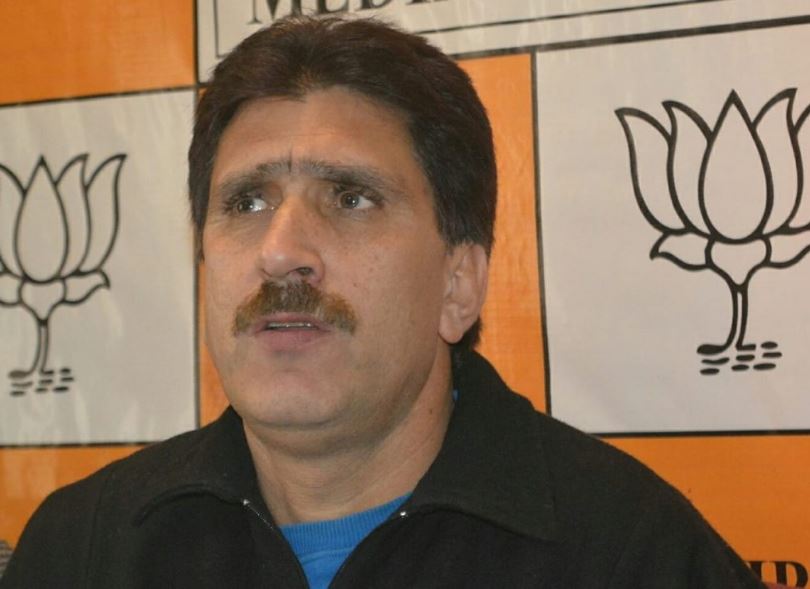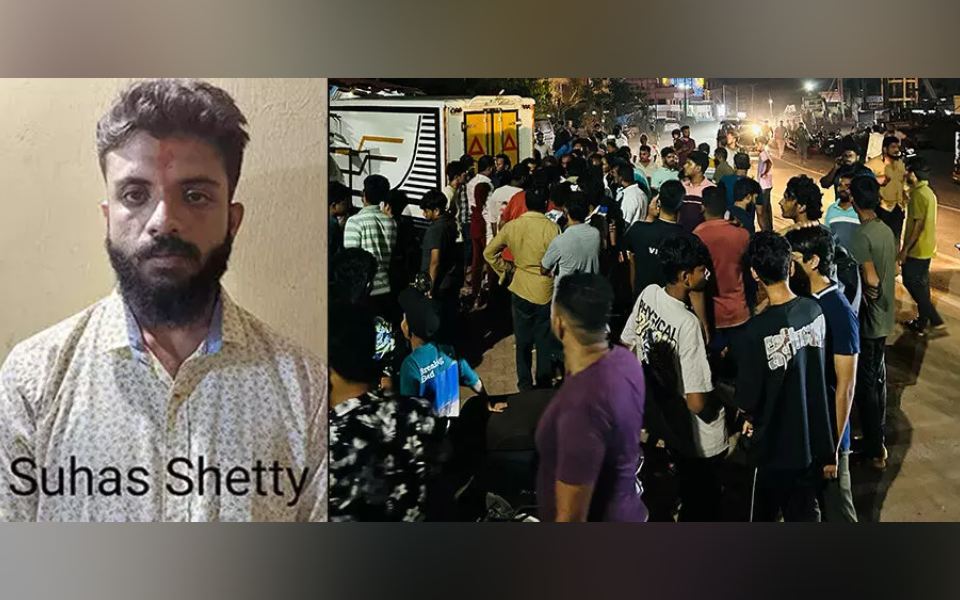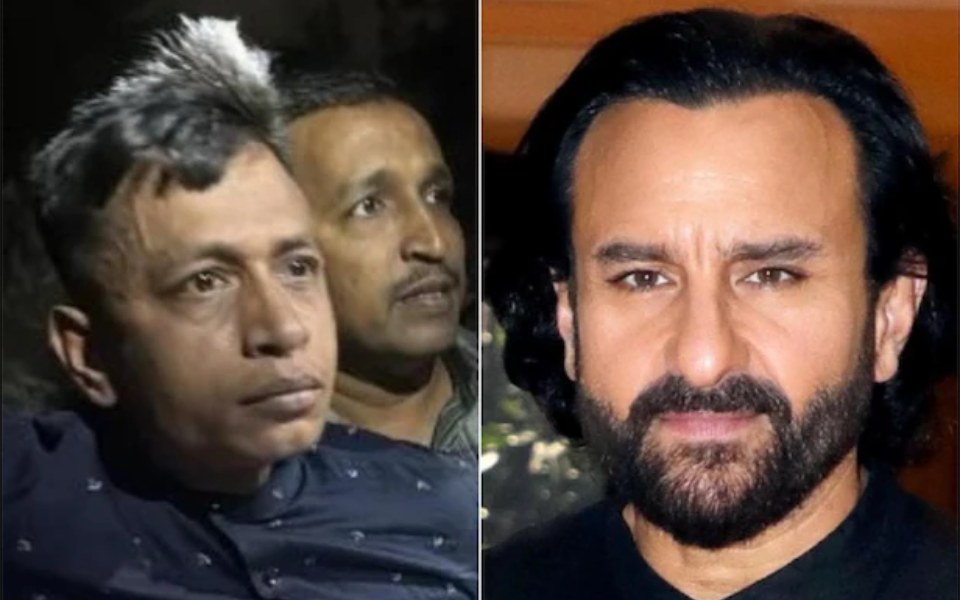Srinagar, Feb 2: Jammu and Kashmir BJP leader Altaf Thakur on Thursday said "Baba ka bulldozer" will remove encroachments by influential people on government land but will not bother poor people, even as J-K Kissan Tehreek held a protest here against the eviction drive.
"Baba ka Bulldozer will do its job, be it against Ali Mohammad Sagar (National Conference general secretary), Farooq Abdullah (former chief minister) or Muzaffar Shah (Awami National Conference vice president). The LG has made it clear that ordinary people will not be touched. Only the influential land grabbers will be targeted," Thakur told PTI.
He was responding to criticism of the eviction drive from political parties that the BJP was engaging in "personal vendetta".
Uttar Pradesh Chief Minister Yogi Adityanath's second term saw bulldozers demolishing properties of alleged criminals and people involved in riots, earning the CM the sobriquet of "Baba Bulldozer". Now, the term "Baba ka bulldozer" is usually used by BJP leaders across the country to refer to the action against encroachments.
"What's wrong is wrong. During the militancy period, people associated with Hurriyat Conference had grabbed lands. Even today, illegal construction of Qazi Yasir was demolished in Anantnag. Hurriyat people have grabbed lands wherever they could," Thakur said.
Thakur said the sealing of the shops at Lal Chowk on Wednesday was done as they had been constructed on land forcibly taken from one Gadda Singh.
"That land belongs to one Gadda Singh...it has been forcibly taken from him. Lands illegally occupied have to be retrieved on priority," he added.
However, authorities on Thursday morning removed the seals of the two dozen shops after it came to light that Srinagar Municipal Corporation had been collecting rent from the shopkeepers for four decades now.
Thakur said the eviction drive was being carried out on court orders and the J-K administration is only implementing it.
"During the 30 years of militancy, the influential people have grabbed government land. People from NC and PDP have been involved in it. They have grabbed lands which should have been used for making hospitals, hotels and playgrounds," he said.
Thakur also hit out at PDP president Mehbooba Mufti saying she always spoke against the army and police "because she has pinned her hopes on China...this kind of talk is anti-national".
"If she had to highlight any institutional land grab, she should have raised Nawa-e-Subah (NC headquarters) or Khidmat Trust (owned by Congress )," he said..
Meanwhile, activists of Jammu and Kashmir Kissan Tehreek led by its general secretary Zahoor Ahmad held a protest against the government's demolition drive.
"The government had promised acche din' and now they are destroying our humble dwellings. They had promised to give livelihood to people but are snatching the same by demolishing the shops. Is this what they had promised?" he said.
"We appeal to the people to come out and protest peacefully so that our voice awakens the government. Protesting peacefully is our right as we live in a democratic country," he added.
Let the Truth be known. If you read VB and like VB, please be a VB Supporter and Help us deliver the Truth to one and all.
Bengaluru, May 09 (PTI): Special prayers were offered at mosques across Karnataka on Friday for the well-being of the Indian armed forces against the backdrop of the military conflict between India and Pakistan.
Mosques that come under the jurisdiction of the Waqf Board, as well as other mosques offered prayers.
"In these tough times, we stand with our country. We support our Prime Minister (Narendra Modi), our Home Minister (Amit Shah) and stand with the government. We offered special prayers today at all the mosques across the state for the well-being of our Indian armed forces, their families and the people of this country.
"May Allah give success to our armed forces in their mission," Mufti Mohamed Maqsoon Imran, Chief Imam of Jamia Masjid, Bengaluru, told PTI.
The move came a day after Karnataka Waqf and Minority Affairs Minister B Z Zameer Ahmed Khan wrote to the Chief Executive Officer of the Waqf Board to organise special prayers at mosques across the state for the well-being of Indian soldiers who took part in 'Operation Sindoor' carried out to avenge the Pahalgam terror attack.
Recently, special prayers were organised for the armed forces in all temples under the Karnataka Hindu Religious Institutions and Charitable Endowments Department, on the instructions of Endowment Minister Ramalinga Reddy.
#JaiHind 🇮🇳 pic.twitter.com/1MXdeAJCDZ
— B Z Zameer Ahmed Khan (@BZZameerAhmedK) May 9, 2025





